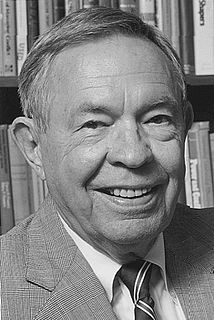A Quote by Jim Morrison
A hero is someone who rebels, or seems to rebel, against the facts of existence and seems to conquer them, but obviously that can work at moments.
Related Quotes
A hero is someone who rebels or seems to rebel against the facts of existence and seems to conquer them. Obviously that can only work at moments. It can't be a lasting thing. That's not saying that people shouldn't keep trying to rebel against the facts of existence. Someday, who knows, we might conquer death, disease and war.
I feel uncomfortable about the word hero because it seems to me that it is so rhetorically proximate to justifications for more war. Um, and, I don't want to obviously desecrate or disrespect memory of anyone that's fallen, and obviously there are individual circumstances in which there is genuine, tremendous heroism, you know, hail of gunfire, rescuing fellow soldiers and things like that. But it seems to me that we marshal this word in a way that is problematic. But maybe I'm wrong about that.
The truth of faith is a slender, glowing element that runs through even the seemingly ordinary and undramatic moments of existence. Even at low intensity, it is a steady source of illumination. Such religious truth is powerful even when it seems faint, even when it seems obscured by the larger events of history.
An adolescent does not rebel against her parents. She rebels against their power. If parents would rely less on power and more on nonpower methods to influence their children from infancy on, there would be little for children to rebel against when they become adolescents. The use of power to change the behavior of children, then, has this severe limitation: parents inevitably run out of power, and sooner than they think.
A few times in my life I've had moments of absolute clarity, when for a few brief seconds the silence drowns out the noise and I can feel rather than think, and things seem so sharp. And the world seems so fresh as though it had all just come into existence. I can never make these moments last. I cling to them, but like everything, they fade. I have lived my life on these moments. They pull me back to the present, and I realize that everything is exactly the way it was meant to be.
It seems to me that dominant cinema seems to require an empathy or a sympathy between the film and the audience which is basically to do with the manipulation of the emotions and it seems to me again -- and this is a very subjective position -- that most cinema seems to trivialise the emotions, sentimentalising or romanticising them.



































